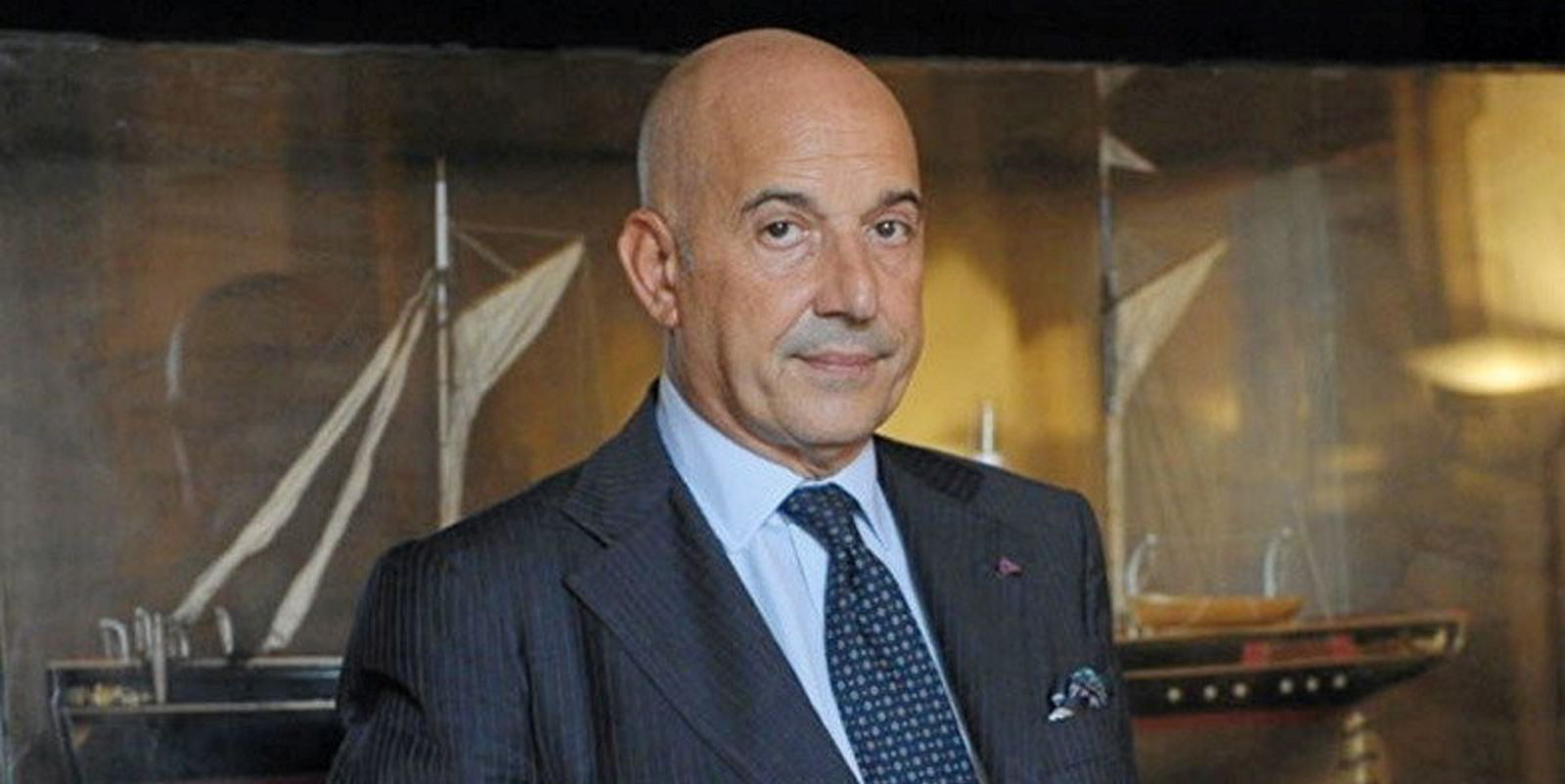Saturday 25 June marks 2022’s Day of the Seafarer, when we recognise the contributions of the 1.8m hard-working crew members who sail the global fleet. As someone who employs crews on more than 100 ships, I know first-hand the value of their work. But we have an issue. Even as the demand for shipping booms, we are facing a shortage of seafarers to meet it.
This Day of the Seafarer will also mark my first as chairman of the International Chamber of Shipping (ICS). So, as well as reflecting, I want to look to solutions for our challenges around recruitment, working conditions, and attracting the next generation of those who will serve in our great industry.
The pressures of the pandemic, and the conflict in Ukraine, have exacerbated issues in the recruitment and retention of seafarers. We were already facing a shortfall of some 25,000 officers within the next few years, according to a recent Bimco and ICS report.
Excessive Covid-19 restrictions, which trapped hundreds of thousands of seafarers on their ships, forced many more out of the industry. Lack of access to the 15% of the workforce made up of Russians and Ukrainians has compounded the situation in recent months.
We face a crisis if the industry cannot retain its workforce or tap into new pools of talent. The issues that the world is dealing with, from high freight prices in China to a scarcity of grain in Egypt, will all get worse — not better — the more our numbers suffer.
What, then, can the industry do about this? I envisage action on several fronts, but improving the lives of crew on ships will be paramount — and steps are already being taken.
Shipowners, governments, and unions recently agreed to vital updates to the Maritime Labour Convention, which bolstered legal requirements for seafarers’ access to medical care ashore, strengthened health and safety policies on board ships, and improved seafarers’ communication with their loved ones while at sea.
Over the next few years, this can be a starting point to improve the lot of workers who have unduly suffered through recent global shocks. Industry must also ensure that we support seafarers and their communities through what is perhaps shipping’s greatest challenge — decarbonisation. The shift to an industry powered by green fuels and green technologies will require workers to learn and implement a new set of skills.
The shift to an industry powered by green fuels and green technologies will require workers to learn and implement a new set of skills
— Emanuele Grimaldi
We cannot afford to leave any communities, especially those in developing economies, behind in this process. Instead, we need to champion the work of bodies such as the Just Transition Maritime Task Force (formed at COP26) to ensure that necessary widespread change is fair and equitable.
The question then is ‘where do the seafarers of tomorrow come from?’ Here, companies should adopt a fresh approach in their recruitment tactics, especially acknowledging that it is time that we put heavy investment into diversifying the seafarer population.
The latest statistics show encouraging developments. There is a positive trend in gender balance, with an estimated 24,059 women serving as seafarers, a percentage increase of 45.8% compared with five years ago. Seafaring as a career has changed, creating space for a more inclusive workforce, and we must put investment towards filling the gaps.
Governments can play their part too. There are still too many seafarers who have not received a Covid-19 vaccine, for example, affecting their freedom of movement. Similarly, ministers must do their utmost to ensure safe passage for ships to and from conflict-hit regions. Both industry and government should endeavour to work closely together, ensuring that shipping is in as good a place as possible for current and future seafarers.
I know that during my chairmanship of ICS, our team will face many challenges, from decarbonisation to pandemic recovery, to those as yet unknown. But, above all else, ensuring the positive treatment of seafarers, and ensuring that their vital contribution to the global economy is recognised by all, will remain at the heart of what we do.
On 25 June, let us remember that seafarers must be respected, valued, and protected by their industry — it is our people, after all, who are our most important asset.
Emanuele Grimaldi is chairman of the International Chamber of Shipping



